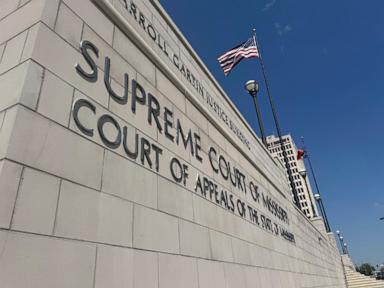Federal Judge Orders Redesign of Mississippi Supreme Court Map

A federal judge has mandated that Mississippi redraw its Supreme Court electoral map, determining that the existing map undermines the voting power of Black residents. U.S. District Judge Sharion Aycock ruled that the map, which has been in place since 1987, violates the Voting Rights Act and cannot be utilized in future elections.
The lawsuit, initiated on April 25, 2022, was supported by the Mississippi chapter of the American Civil Liberties Union (ACLU). The ACLU argued that the electoral map effectively divided the Delta region—a historically Black area—into two parts, diluting the representation of Black voters. Judge Aycock’s ruling highlighted the historical context, noting that only four Black individuals have served on the Mississippi Supreme Court, all of whom occupied the same seat in the Central District and were appointed by sitting governors.
In her decision, Judge Aycock expressed the significance of the ruling, stating that it “corrects a historic injustice.” Ari Savitzky, a senior staff attorney at the ACLU Voting Rights Project, emphasized the broader implications of the decision, asserting that “all Mississippians will benefit from fair district lines that give Black voters an equal voice.” The ruling aims to enhance opportunities for new generations of Black leaders to participate in shaping the future of Mississippi through representation on the state’s highest court.
The ruling also includes a directive for the Mississippi Legislature to establish a new electoral map by a specified deadline, which Judge Aycock will impose. This action reflects a growing recognition of the need for equitable representation in political processes, particularly in areas with significant historical disenfranchisement.
The Mississippi Supreme Court’s electoral map has faced scrutiny for decades, and this latest ruling marks a pivotal moment in the ongoing fight for voting rights and fair representation in the state. As the Mississippi Legislature prepares to address the judge’s order, the implications of this decision may resonate far beyond the state’s borders, influencing similar discussions in other jurisdictions across the United States.






